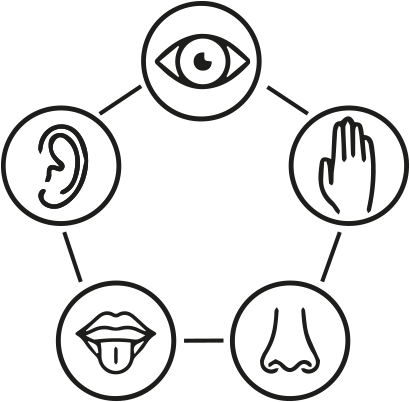Search
Later Imperial China: A Sensory History
The course is devoted to helping students understand how to creatively and rigorously interpret its primary documents (including texts, artifacts, and, where possible, sensations) alongside the best of recent historical writing about Chinese history.
Led by: Carla Nappi
Altman Seminar: Sensory Knowledge
Learning objectives: Cell phones, iPads, smart phones, computers, and use of the Internet impede active participation in class discussion and their use is prohibited in class unless otherwise directed by your professors.
Led by:
Charles Victor Ganelin & Elisabeth Hodges
Teaching Sensory Anthropology
Introduction to sensory anthropology – Have an understanding of how sensory awareness is put into practice by researchers in order to solve challenges of presentation and representation.
Led by: Paula Serafini
- « Previous
- 1
- 2
- 3






